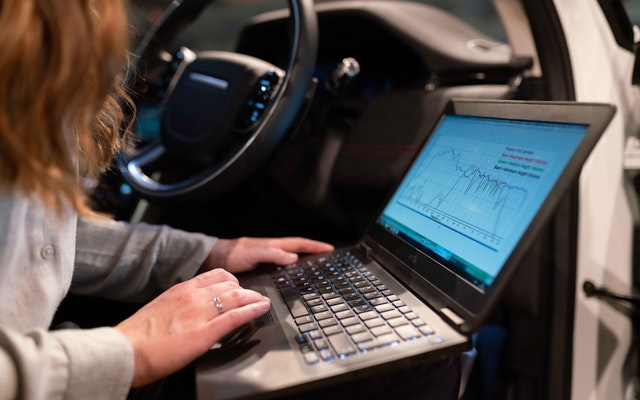Automated CAN Bus Reverse Engineering

Project Description
The Controller Area Network (CAN) Bus is the de-facto global standard for in vehicles communication. Over the past 3 decades Electronic Control Units (ECUs) - embedded devices that control different parts of a vehicle’s electronic system – have been communicating to each other through the CAN Bus inside vehicles all over the world.
The communication in the CAN Bus is typically not encrypted, but encoded according to a specific format designed by the car manufacturer. This format is different for each vehicle model, it is proprietary to the manufacturer and, thus, rarely disclosed. The only way to disclose this information is through a reverse engineering process. CAN Bus reverse engineering is generally performed manually and it is a time consuming procedure, as it can take hours or days. In addition, it requires a certain level of expertise and manual skills.
Research on the automation of the CAN Bus reverse engineering is rapidly gaining popularity in the scientific community. Automating this process would sensitively reduce the time and manual effort required for it and facilitate the collection of CAN data. These data are of great interest for researchers and companies that work on CAN bus security (e.g. anomaly detection) or exploit them to provide manufacturer-independent aftermarket solutions.
The goal of this joint project with Xee is to implement a fully automated, fast, reliable, non-intrusive tool for CAN Bus reverse engineering.
Project duration: 15.10.2019 - 15.10.2020
Funding: PRIDE15/10621687, Luxembourg National Research Fund (FNR)